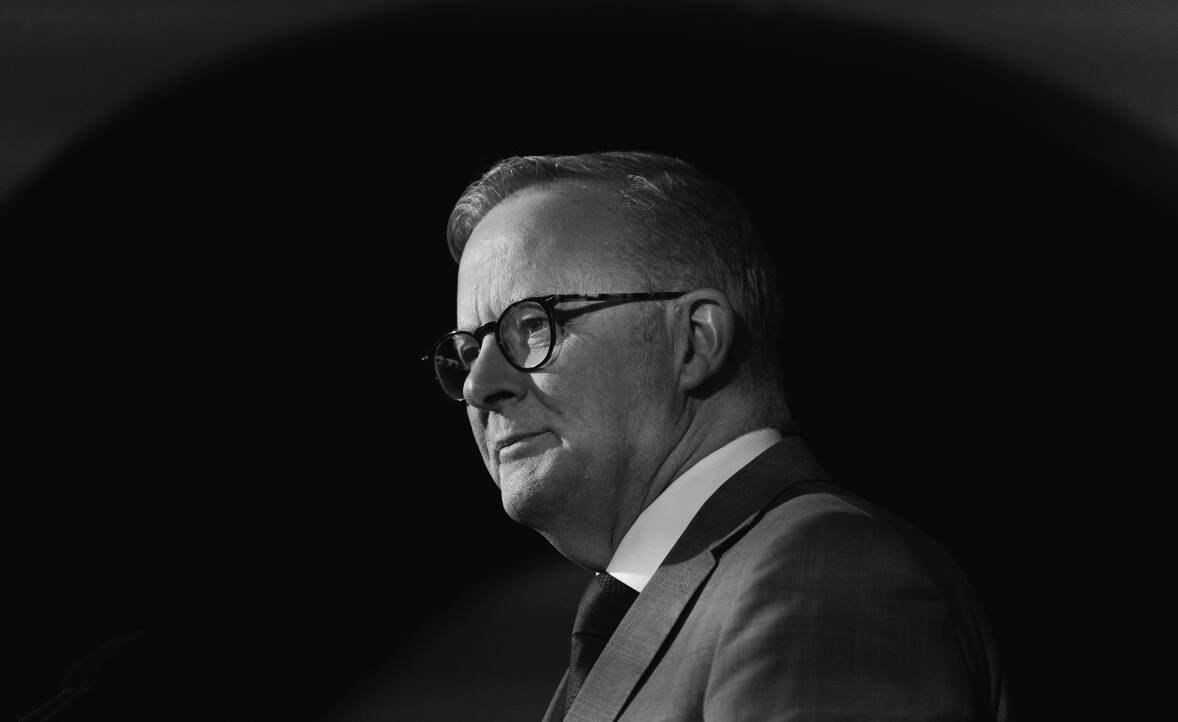
The shortage of GPs should be firmly on the radar of the Albanese government at the federal budget in May.
People in the Hunter, and elsewhere, are finding it increasingly difficult to see a GP.
And the cost of seeing a doctor is rising in a cost-of-living crisis.
Coinciding with this is a long-term rise in GPs treating more chronic diseases like obesity, diabetes, mental health conditions and cardiovascular disease.
Those who work in the GP sector know better than most the extent of the crisis.
Among them is Dr Fiona Van Leeuwen, chair of the Hunter General Practitioners Association.
Dr Van Leeuwen said if the pay and conditions of GPs were not improved, the health system would "continue to deteriorate" and eventually collapse.
The Australian Medical Association [AMA] this week released its pre-budget submissions, outlining initiatives it would like funded across "five pillars".
It's no coincidence that the AMA lists the first of these pillars as general practice.
The AMA is campaigning for the government to ensure GP trainees are offered equal pay and conditions to their hospital counterparts.
This crucial measure - costed at $180 million over four years - is aimed at attracting more doctors to become general practitioners.
It would be a sensible move for the government to make in the forthcoming budget.
But, as Dr Van Leeuwen points out, the sickness within the system runs a lot deeper.
GPs want equal pay with their hospital counterparts throughout their professional careers, not only as trainees.
For this to happen, Medicare needs an overhaul to suit a new era.
The AMA, for its part, is lobbying for a big boost in Medicare funding.
It believes the MBS [Medicare Benefits Schedule], as it applies to GP consultations, is no longer fit for purpose.
It wants Medicare rebates, which GPs receive for patient consultations, to rise significantly. This is because the existing rebates don't cover the cost of a GP visit.
In the last federal budget, the government tripled the incentives offered to GPs to bulk-bill patients aged under 16, pensioners and concession card holders.
This has made a difference, but it's not enough to cover the cost of a GP visit in many areas - including Newcastle.
GPs are now charging up to $95 for standard consultations in Newcastle to cover their rising costs, up from $90 last year.
Health care card holders in these areas are being charged up to $80, rising from about $70 last year.
Medicare rebates for a standard GP consultation are now $41.40, rising to $62.05 for those eligible to attract the bulk-billing incentives.
The AMA is currently working to redesign general practice consultation items for the MBS. The outcomes from this project will be published in the coming months and will contribute to planned reforms.
In last year's budget, the government's big-ticket item for health was boosting bulk-billing for disadvantaged people.
The AMA considered that budget "an initial investment", with "significant further funding" needed.
The Medicare bulk-billing system was intended to be "universal", but times are changing.
There's a growing sense that Australia's healthcare system has hit a crossroads.
The next budget should give a clear signal which way it is headed.
ISSUE: 40,171







